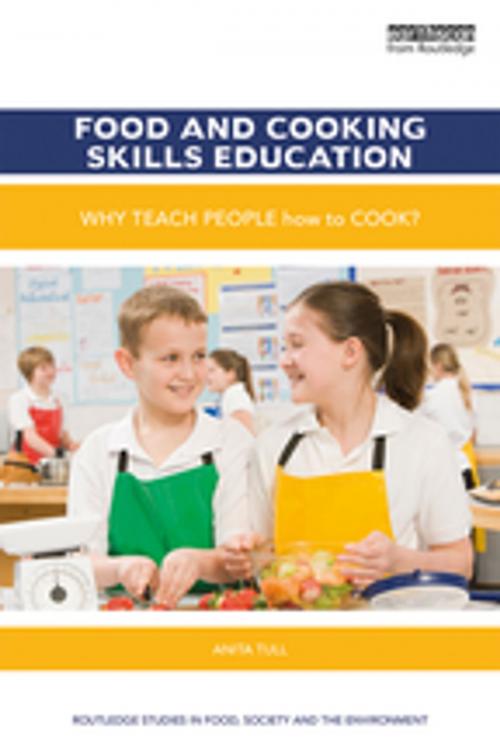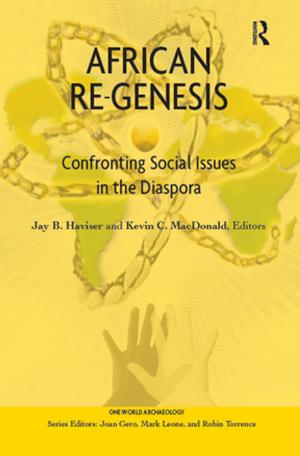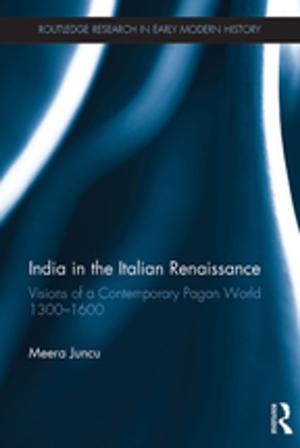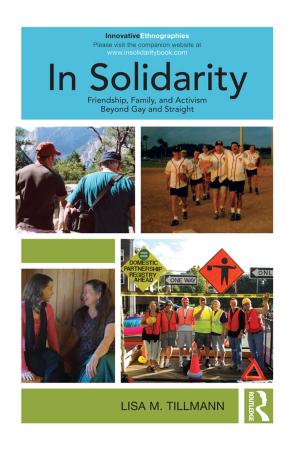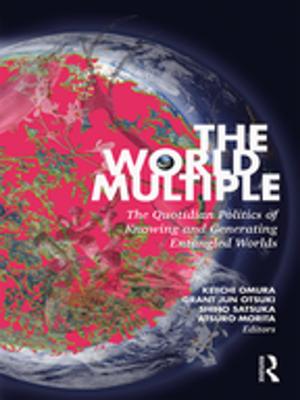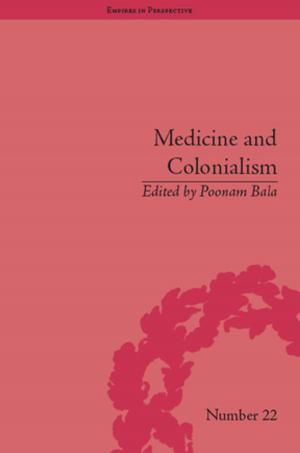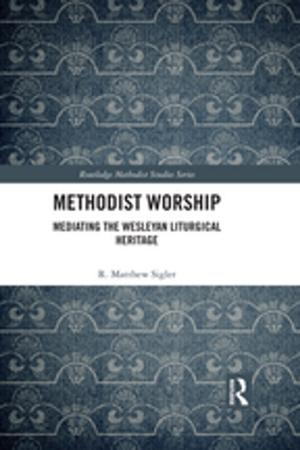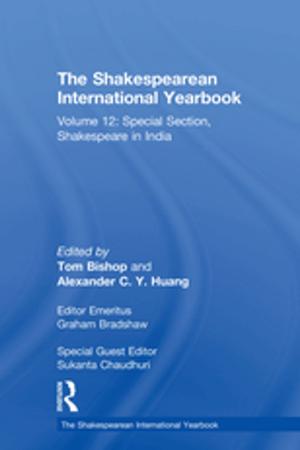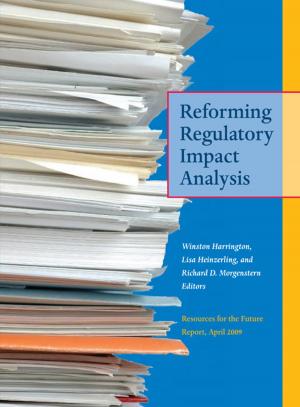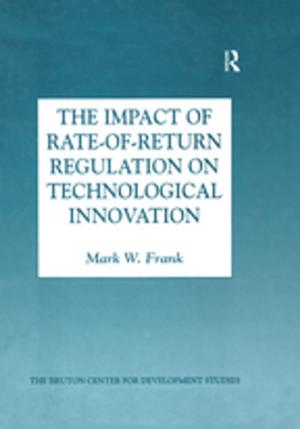Food and Cooking Skills Education
Why teach people how to cook?
Nonfiction, Food & Drink, Healthy Cooking| Author: | Anita Tull | ISBN: | 9781315313870 |
| Publisher: | Taylor and Francis | Publication: | January 29, 2018 |
| Imprint: | Routledge | Language: | English |
| Author: | Anita Tull |
| ISBN: | 9781315313870 |
| Publisher: | Taylor and Francis |
| Publication: | January 29, 2018 |
| Imprint: | Routledge |
| Language: | English |
Food and Cooking Skills Education (FCSE) is a complex mix of policy and practicality, educational theory and pedagogy, classroom and government policy. This book shows how FCSE has been at the centre of a tussle between education and policy for decades.
It reviews how FCSE has grappled with various significant issues of concern that threaten to marginalise it and pose problems for educational practicalities, as expectations are increased, but resources are squeezed. It assesses the debate about the significance and importance of acquiring practical food and cooking skills in a society where the purchase of ready-made food has become commonplace, and public knowledge of where our food comes from is noticeably lacking. This has contributed to the escalating incidence of diet-related diseases and the attendant cost to society, and threatened environmental sustainability. In turn, governments have reacted by proposals to make practical cooking skills a statutory National Curriculum subject as part of the armoury for tackling such costs.
Based on detailed research conducted across England and Wales, as well as comparisons with thirty-five other countries or states, the author makes recommendations for policy to manage this challenge facing contemporary society.
Food and Cooking Skills Education (FCSE) is a complex mix of policy and practicality, educational theory and pedagogy, classroom and government policy. This book shows how FCSE has been at the centre of a tussle between education and policy for decades.
It reviews how FCSE has grappled with various significant issues of concern that threaten to marginalise it and pose problems for educational practicalities, as expectations are increased, but resources are squeezed. It assesses the debate about the significance and importance of acquiring practical food and cooking skills in a society where the purchase of ready-made food has become commonplace, and public knowledge of where our food comes from is noticeably lacking. This has contributed to the escalating incidence of diet-related diseases and the attendant cost to society, and threatened environmental sustainability. In turn, governments have reacted by proposals to make practical cooking skills a statutory National Curriculum subject as part of the armoury for tackling such costs.
Based on detailed research conducted across England and Wales, as well as comparisons with thirty-five other countries or states, the author makes recommendations for policy to manage this challenge facing contemporary society.
